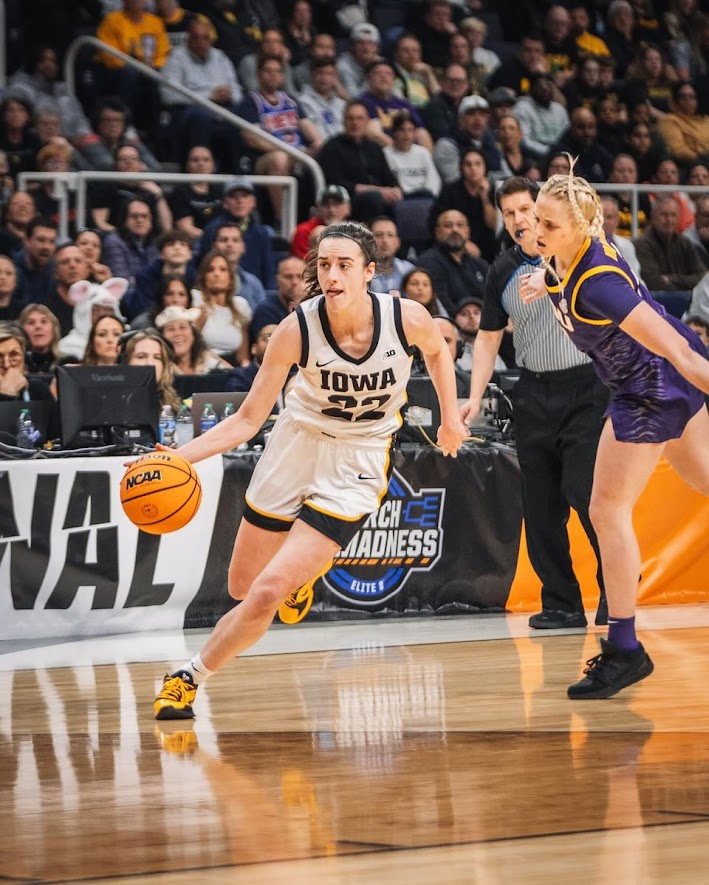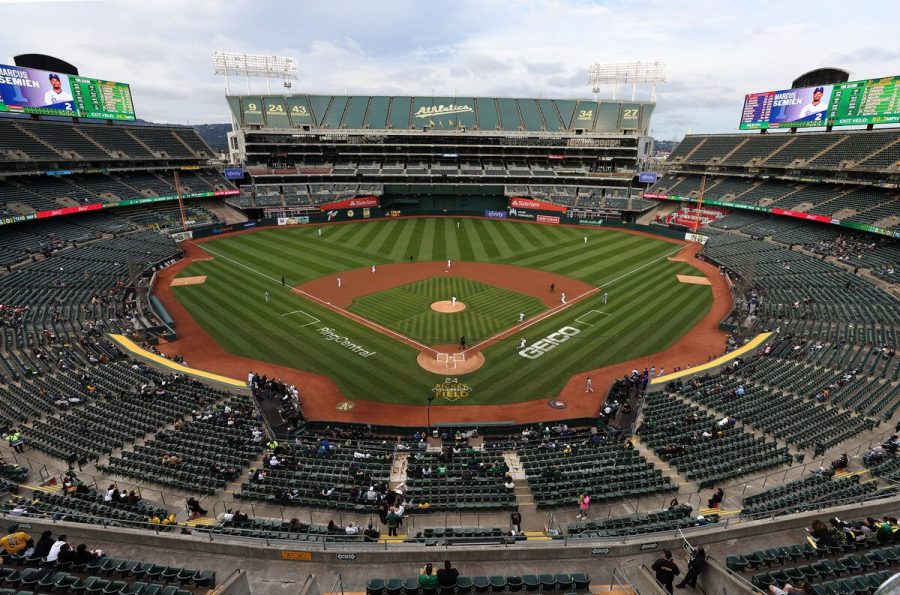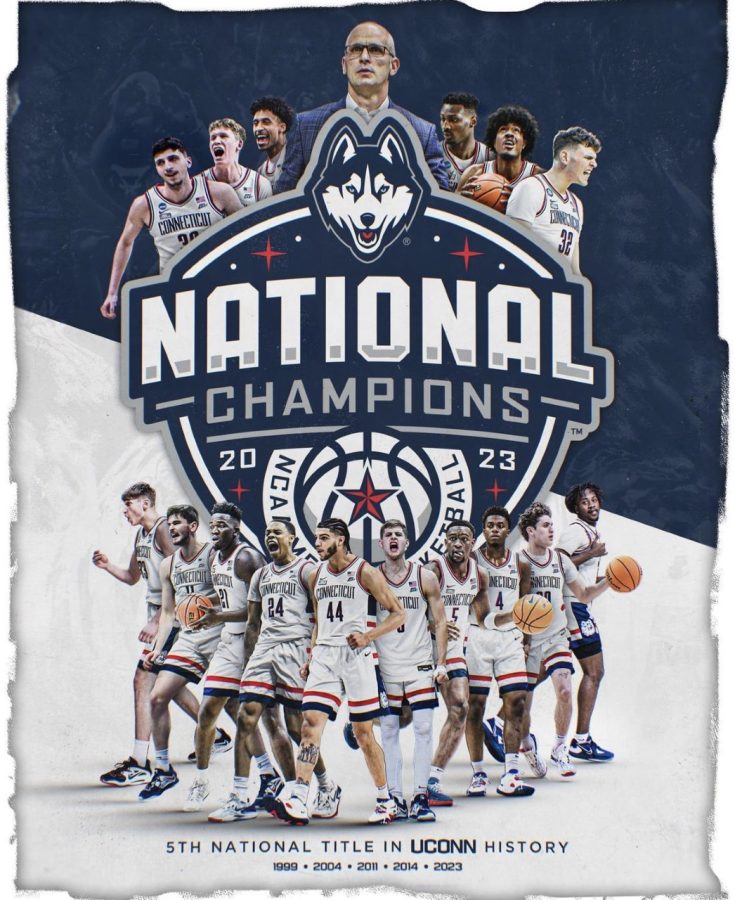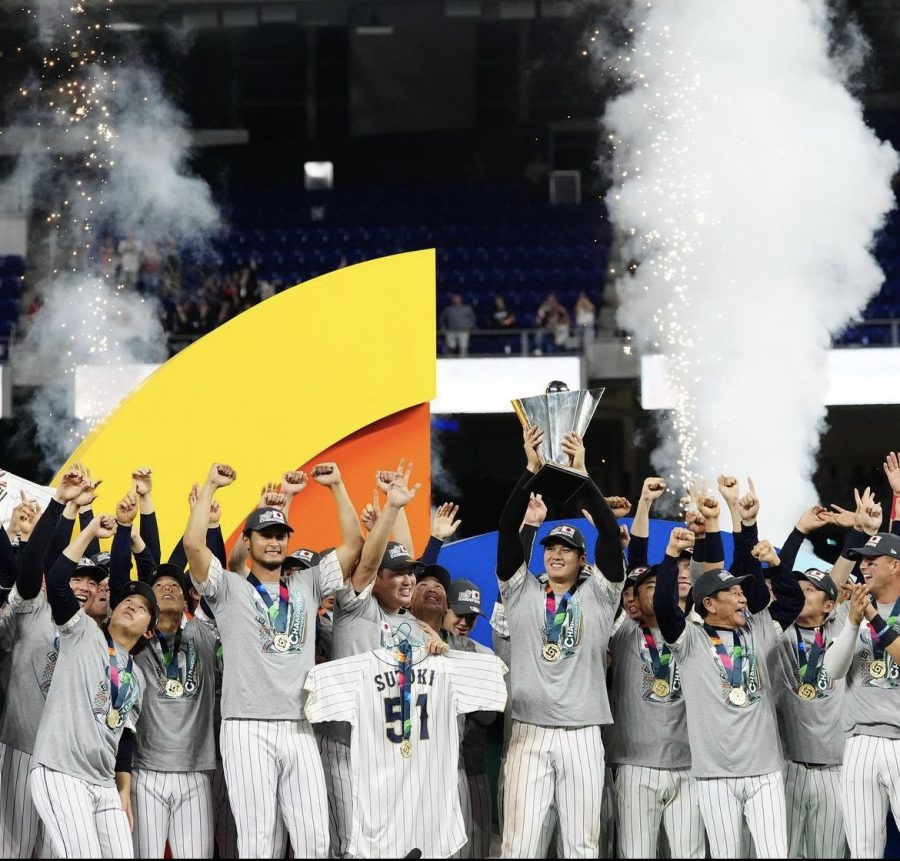Yankees general manager Brian Cashman visited the University on Thursday, Feb. 11 to give an hour-long speech in Dodds Theatre about his life and career.
The event was organized by the Sports Industry club, but all students were welcome to attend. The theatre was packed with students and faculty all eager to hear of Cashman’s story.
He started out as an intern for security in 1986, and now finds himself at the top as the General Manager. He modestly doesn’t take all of the credit, but holds five World Series rings – four of which he was the general manager.
Cashman’s speech consisted of a few valuable lessons which he delivered quite effectively to the various students in the audience. At first glance, Cashman appears to be just as normal as any professor here at the university. He’s not very tall, his character is modest and down to earth, and he’s very polite.
Cashman said, “I’m not the sharpest knife in the drawer. That should give you all some hope!” There was nothing significant about Cashman as he started out as a security guard for the Yankees. He was simply in the right place at the right time. He knew certain people who he treated with respect, which he believes was the key to his success. “I stress that you treat everyone with respect,” said Cashman. “People are watching,” he added.
Along with treating people with respect, Cashman added that anyone can succeed if they’re lucky. On Groundhog’s Day of 1998, Bob Watson resigned and Cashman was recommended for the job of general manager. He of course accepted and has been the general manager ever since.
I had the privilege to meet with Cashman before and after his speech to ask him a few questions on a bit more personal level. Here is the dialogue of our interview:
SC: You get this brand new stadium and from the get-go, you win! How did that feel?
Cashman: That was a culmination of a lot of hard work and planning. Four years earlier, I was told by ownership that we have to win every year, but as soon as that new ballpark opens, we have to win. Look at the risks we had. You’re leaving a ballpark with a great deal of history and tradition, which opens you up to a great deal of criticism. “Why are you leaving there? The ghosts won’t follow you over there.” “You’re going to jinx yourself.” “You’re going to cut your own throat.” The fact that we can exercise every one of those demons by inaugurating the first year in a new Yankee stadium and saying you know what, the history does continue, right over here across the street, that’s a great deal because then we would have had the counter. 1 year, 2 years, and that’s gone, we don’t have to worry about that.
SC: Some of the critics think you’re in line to win another championship this year. What do you think about that?
Cashman: I think we have a championship caliber roster. Our game plan was to maintain that roster but if possible, get younger and more payroll flexibility and we were able to accomplish that in my opinion on paper. How it plays out, do we have good health, abilities, I’ll take this roster talent wise against anybody, but I still know that this is still a sport that you have to manage between ups and downs, and it’s very difficult. I feel very comfortable right now, but I know that there are a couple of teams which can kick the crap out of us.
SC: When you’re watching the game, are you watching it as a GM, a fan, or a bystander?
Cashman: I’m watching it as a GM. I’m pregnant with knowledge that fans don’t usually have. I might have two players on that field in the everyday situation with a nagging groin injury. So every move they make, I’m worried. At the same time, you’re given advanced scouting information. I’ll give you an example. In the World Series against the San Diego Padres in 1998, our advanced scouting found that any time Tony Gwen stepped out with a man on first base and touched his own helmet, he was calling the hit and run. The message was to Derek Jeter, you got to freeze your position because he’s going to try to hit a ball in the short stop hole. Conveyed it, so I’m sitting up there, I watch it, I see Tony touch the helmet, I’m yelling in my box, “Jeter stay!” all the sudden Jeter doesn’t stay, single in the hole, and now it’s first and third.
SC: In terms of the Yankee players, what’s your relationship with them?
Cashman: I have great relationships with the Yankee players, some better than others. But I also have to keep my distance. I could be negotiating their contracts, or whether they stay, or go, if I get too close, my objectivity isn’t the best for decision making.
SC: What’s the hardest part, and your favorite part, of the job?
Cashman: The hardest is trying to win. It’s a 162 game season over 183 days, a lot can happen, plans can be disrupted because of health, the New York Mets are an example of that from last year for instance, so you can have a good process and decision making, you can start the season healthy, and you can still suffer under performance based on injury, personal matters, there’s a lot of different things that can happen. And at the same time, you’re competing against 20+ clubs that excel at their own time. Anything can happen. Winning is the hardest thing to do. And you’re in an environment where the only thing to do is win.











